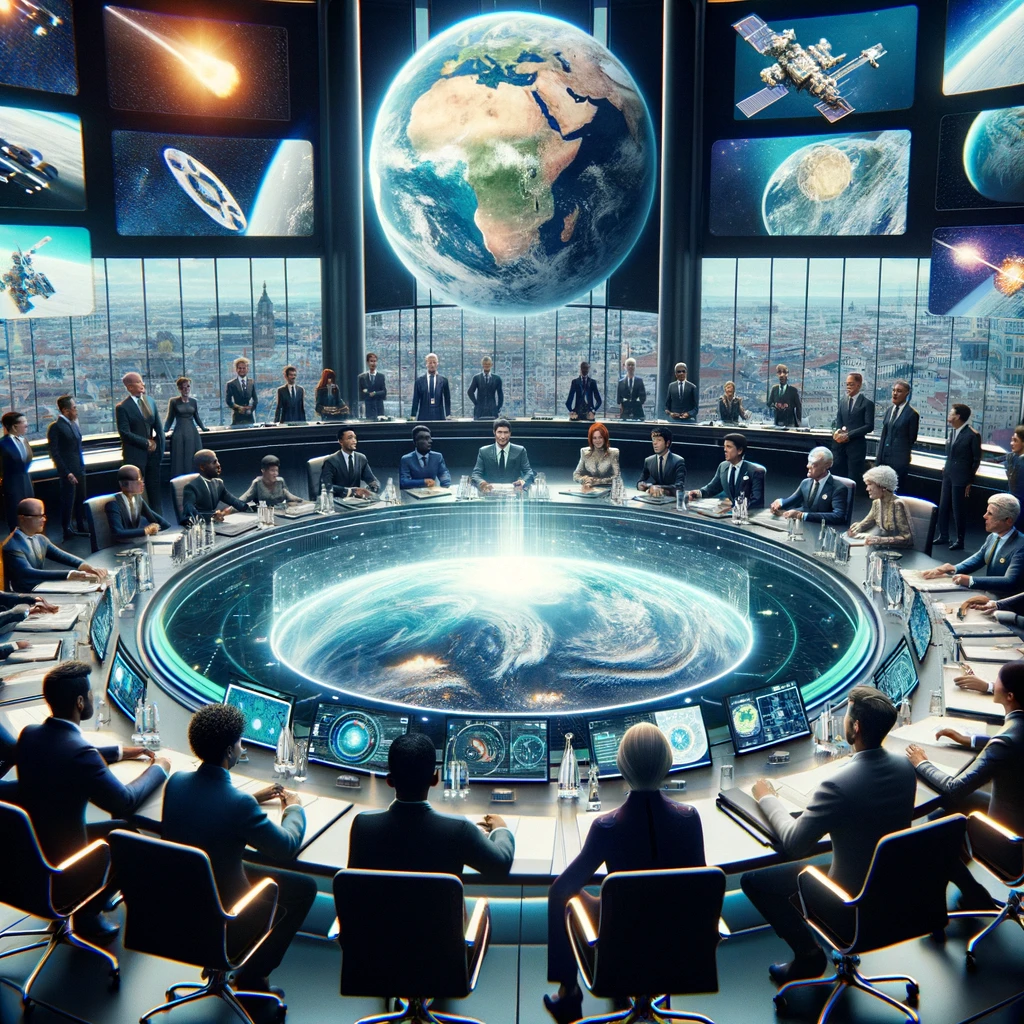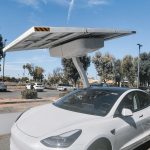As European nations convene in Spain for the European Space Agency‘s critical summit, there’s a collective focus on overcoming recent challenges in the region’s space sector. The talks in Seville bring together more than 20 countries to discuss strategic decisions on the funding and development of the Ariane 6 rocket, a project that has faced significant delays and is now expected to launch in 2024. The meeting also addresses climate change monitoring and Europe’s potential new roles in space exploration.
The summit occurs against the backdrop of stiff competition from SpaceX and restricted access to space, following the grounding of Europe’s Vega-C rocket and severed ties with Russia’s Soyuz due to the Ukrainian conflict. France is reportedly seeking additional funds to manage ArianeGroup’s cost overruns, while Germany aims to cultivate its own launch capabilities, and Italy is determined to safeguard its Vega-C project and push forward its exploration ambitions.

Amid budgetary and policy negotiations, ESA Director General Josef Aschbacher has emphasized the importance of not falling behind in the space economy, drawing parallels with Europe’s previous tech sectors where opportunities were missed. Europe’s space strategy, which has excelled in areas like climate observation, now contemplates enhancing its role in human exploration and potentially inviting private investment into a new spaceplane project.
Simultaneously, ESA’s delay with its Ariane 6 rocket has led to an interim solution of partnering with SpaceX for launching Galileo navigation satellites from U.S. soil, highlighting a pragmatic approach to ensuring Europe’s space operations continue unimpeded. This move marks a significant shift as Galileo, vital for Europe’s independence in navigation and security, has traditionally seen launches from European spaceports.
As the ESA seeks consensus on these critical issues, the implications for Europe’s space autonomy and competitive stance in the global arena are significant. The outcome of the summit is poised to shape the future trajectory of Europe’s space endeavors, balancing between self-reliance and strategic partnerships.










